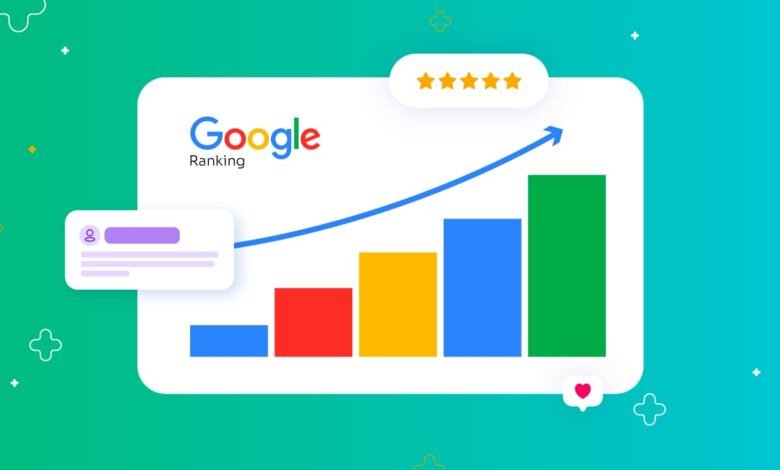Understanding the Ranking Factors That Matter in Generative Search

As AI-powered search engines like Google’s AI Overviews and AI Mode change the way people use search results, old ranking measures are not as important as before. A high number of views may not mean people are really interested, and today, getting ranked is often about being named in AI summaries instead of showing up in normal search pages. If you want to be seen, you need to know what ranking points count in Generative Search and find ways to keep track of them well.
AI Visibility: Beyond Traditional Ranking
Generative search likes content that helps AI give better answers, while old ways of SEO focus more on keywords and links. Google’s new AI Mode lets you track how many times people see and click on your site from AI-based search results. This is important for anyone who wants to know their true reach in generative search.
Many site owners think that their website’s visibility is the same when they do not have this data. But, in fact, AI Overviews often cause what we call “zero-click” actions. People get the answer they want right from the snippet and do not feel the need to click through to the old website links. GEO ranking factors make the click-through rates on these traditional listings go down.
See also: Top AI Tools for Face Swap Technology in 2025
E-E-A-T and Content Authority in AI Contexts
The SEO world now focuses more on Experience, Expertise, Authoritativeness, and Trustworthiness. AI search systems look for content that shows these things. They do this not just to help websites rank but also to use the information in summaries and overviews. AI wants to use content that people trust and feel is right.
In the world of generative search, it is important to show you have real know-how and to use trust signals like citations, author credentials, or references. This helps your content stand out and be picked by AI models.
Tracking AI Metrics: The New Frontier
With AI Mode data now added in Google Search Console, people can now see numbers for impressions, clicks, and positions. SEOs can measure how AI is doing right in the tool and get clear results for these things.
These metrics enable you to:
- See which pages show up in AI-generated summaries.
- Keep track of how these pages do with users.
- Improve the pages for questions that show up a lot but do not get many clicks. This can mean that people get their answer from AI and may not visit the site.
Emerging Strategies: GEO, AEO, and Contextual Authority
Words like “Generative Engine Optimization” (GEO) and “Answer Engine Optimization” (AEO) show that things are moving. People now work on making content easy to find for generative AI instead of looking at traditional ranking ways.
Key concepts include:
- Contextual authority—content should fit well with the bigger topic and also be part of related knowledge maps
- Canonical clarity—using clear and well-chosen words, so AI gets the meaning right
- Prompt compatibility—match the way people ask questions, so your content is included when AI gives answers
Adaptive Content Strategy: Be AI-Inclusive
To thrive in generative search:
- Write clear and full answers that work well for short summaries.
- Set up the content to help AI read it and use it for quotes.
- Show that you can be trusted and you know a lot about the topic.
- Watch how the AI Mode is working in GSC and other sites.
- Use GEO/AEO steps to help people and AI see your content easier.
GEO ranking factors are not leaving SEO behind. Instead, it is changing how users use it. The goal now is not only to rank high; it is also to be the best answer. By performing these steps, you keep what makes AI-Powered Search: The Next Frontier In Enterprise SaaS important and easy to find in AI-powered search results. Knowing what AIs look for will help you stay found and be strong in the search world as it changes.





